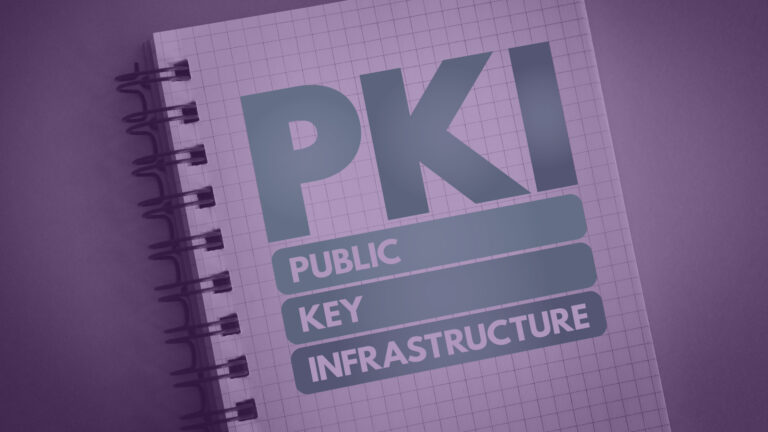Cyber threats are becoming increasingly sophisticated, especially when it comes to targeting individuals and organizations through phishing attacks. Phishing attacks involve tricking individuals into divulging sensitive information such as passwords, credit card details, or social security numbers by posing as a trusted entity. However, with the implementation of V-Key Multi-Factor Authentication (MFA), organizations can significantly reduce the risk of falling victim to such attacks.
Understanding the different types of techniques used in phishing attacks is crucial for effectively preventing them. One technique commonly employed by cybercriminals is push bombing. Push bombing involves continuously sending push notifications to a user’s device until he or she clicks on it, leading them to a malicious site where their sensitive information is stolen. Another technique involves exploiting vulnerabilities in the SS7 protocol, which allows attackers to intercept SMS messages containing access codes or one-time passwords.
Simultaneously, swap attacks target the physical SIM card of a user’s device. By tricking the service provider into transferring the victim’s phone number to a SIM card controlled by the attacker, they gain unauthorized access to sensitive information. Additionally, phishing attacks exploit human psychology, using email or text messages that appear to be from a trusted source, leading individuals to unwittingly provide their credentials.
To prevent these threats, V-Key Multi-Factor Authentication offers a robust and secure solution. V-Key utilizes a technology called V-OS, a software-based trusted execution environment that securely stores sensitive cryptographic information on users’ devices. By having the cryptographic keys, biometrics, and other authentication methods stored securely on individual devices, V-Key effectively mitigates the risks posed by push bombing and SS7 vulnerabilities.
V-Key’s implementation of Public Key Infrastructure (PKI) further strengthens security measures. PKI uses a system of digital certificates to verify the authenticity of both the user and the service provider. By ensuring that both parties are legitimate, V-Key MFA prevents phishing attacks by thwarting the interception of sensitive information.
Another crucial aspect of V-Key MFA is its adoption of FIDO2 standards. FIDO2, which stands for Fast Identity Online, provides a framework for strong authentication protocols across various platforms and devices. By adopting FIDO2, V-Key enables users to authenticate themselves using an array of secure methods such as fingerprint, facial recognition, or biometric authentication.
By adopting V-Key Multi-Factor Authentication, organizations can effectively prevent phishing attacks. V-Key’s use of V-OS technology, PKI, and adherence to FIDO2 standards provide a robust and secure solution against push bombing, SS7 vulnerabilities, SIM swap attacks, and phishing attempts. Furthermore, V-Key MFA offers a user-friendly experience by allowing users to authenticate themselves conveniently and securely using their own devices.
In conclusion, the threat of phishing attacks continues to grow, endangering both individuals and organizations. However, with the implementation of V-Key Multi-Factor Authentication, these risks can be significantly reduced. V-Key’s secure and innovative approach, incorporating V-OS technology, PKI, and FIDO2 standards, ensures that sensitive information remains protected. By adopting this powerful MFA solution, organizations can stay one step ahead in the fight against cybercrime.



